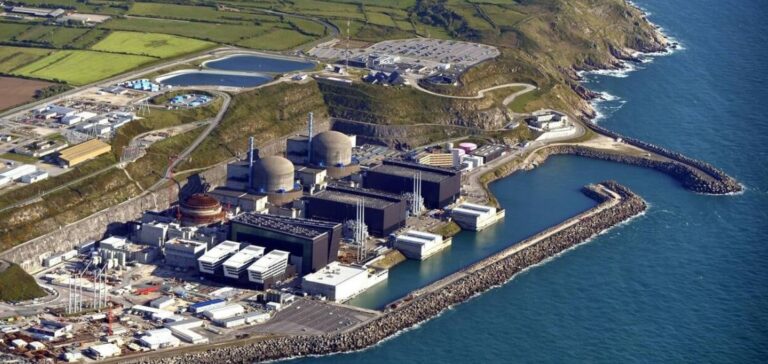EDF has reported three “significant safety events” to the French nuclear safety authority (ASN) concerning the Flamanville EPR. Although these incidents were linked to non-compliance with certain operating rules, they did not compromise plant safety or affect people or the environment. The events were classified at level 1 of the INES (International Nuclear Event Scale), which ranges from 0 (deviation) to 7 (major accident).
In response to these incidents, EDF temporarily suspended reactor start-up operations to analyze the root causes of the anomalies and implement corrective actions. The aim of this approach is to secure future activities and guarantee the smooth running of operations.
EDF analysis and reactions
EDF has assured us that these incidents have not altered the reactor’s planned start-up schedule. Connection to the grid is still planned for the summer, with the first nuclear reaction expected in July. This phase will mark the start of the reactor’s power generation at 25% of its full capacity.
One of the recent incidents concerned the late detection of the non-closure of a valve between the safety injection circuit and the intermediate refrigeration circuit. Although the associated alarm was triggered, it was not immediately heeded. The discrepancy was corrected two hours later by the operations manager.
Context and outlook for the Flamanville EPR
The Flamanville EPR is the most powerful reactor in the French nuclear fleet, with a capacity of 1,600 MW. Its commissioning on May 8 was twelve years behind schedule. In 2023, ASN recorded 1,098 declarations of significant safety events, including 86 at level 1.
These incidents at Flamanville underline the continuing challenges in operating new-generation nuclear reactors. However, the rapid response and corrective measures implemented by EDF and supervised by ASN demonstrate our constant vigilance in maintaining the highest safety standards.
These events provide important lessons for future nuclear projects, and serve as a reminder of the importance of rigorous application of safety protocols. Continued operations at Flamanville will be closely watched by industry and regulators alike, as it embodies both the technological advances and the challenges inherent in modern nuclear power.






















